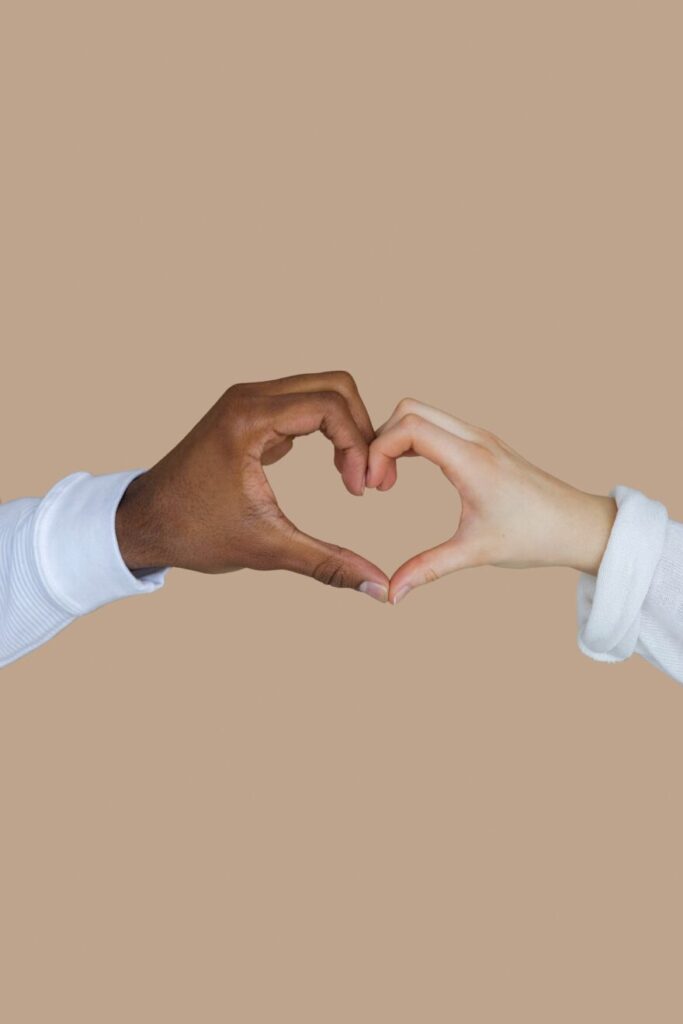Prominent Leaders Discuss Systemic Racial Challenges Facing Native Hawaiians and Pacific Islanders

The Anti-Racism Initiative of the G20 Interfaith Forum is gathering experts from government and civil to discuss racial challenges faced by NHPI communities.
WASHINGTON, D.C., USA — The Anti-Racism Initiative of the G20 Interfaith Forum, the world’s leading organization focused on the intersection of faith and policy, is gathering experts from government and civil society to discuss systemic racial challenges faced by Native Hawaiian and Pacific Island (NHPI) communities at an upcoming webinar.
Krystal Ka’ai, who leads the White House’s initiative on NHPI communities, said the issue is an especially timely and critical one:
“There is no doubt that the COVID-19 pandemic highlighted the systemic barriers to equity, justice, and opportunity that Native Hawaiians and Pacific Islanders have faced for far too long—and have too often been rooted in racism, intolerance and other forms of hate,” Ka’ai said. “Since taking office, President Biden has condemned such discrimination and made it his Administration’s priority to advance racial equity and combat hate by reinstating and reinvigorating the historic White House Initiative on Asian Americans, Native Hawaiians, and Pacific Islanders. It is an honor to participate in this forum and bring awareness to these critical issues.”
Keone Nakoa echoed the sentiment, emphasizing the importance of the upcoming webinar:
“I applaud the G20 Interfaith Forum for hosting this important event on what discrimination and hate look like in the context of Native Hawaiians and Pacific Islanders, who are both too often overlooked or forgotten,” Nakoa said. “The Office of Hawaiian Affairs has long advocated to raise awareness of and to address the many historical disparities and inequities faced by our community at the local, state, and federal levels, which include in health, education, housing, the criminal justice system, and violence against women, among others.”
There is no doubt that the COVID-19 pandemic highlighted the systemic barriers to equity, justice, and opportunity that Native Hawaiians and Pacific Islanders have faced for far too long….”
Rev. Dr. Upolu Luma Vaai connected systemic racism to the effects of climate change in Pacific communities:
“Apart from COVID-19, climate change is the single greatest threat to the livelihood, security, and wellbeing of the Pacific peoples,” Vaai said. “However, the way it is addressed by the international community invites racial divides and dynamics that mostly affect those in the grassroots communities who normally at the end of the day bear the brunt of climate change.”
Both Dr. Manulani Aluli Meyer and Okenaisa Fauolo-Manila emphasized the wisdom in Pacific cultures and how that wisdom can be used to address current issues:
“E faatonu folau le tuanai mo nei ma taeao. Literally translated, the past gives directions for today and tomorrow,” Fauolo-Manila said. “Some of the major changes in American Samoa are inevitable when we think globally and about the need to stay connected. However, there is wisdom in American Samoa’s past that we can use to address some of the issues we have today in our society.”
“Ulu aʻe ke welina a ke aloha. Loving is the practice of an awake mind,” Meyer said. “What does this have to do with anti-racist approaches to issues within Oceania? If Hawaiʻi has a say in how the world evolves: everything.”
The virtual meeting will take place on July 29, 2021 from 2 to 3:30 pm EDT, focusing on the unique challenges being faced by Indigenous Native Hawaiian and Pacific Island (NHPI) communities, including threats from climate change and systemic barriers to equity, justice, and opportunity. Register for the free webinar at https://bit.ly/systemic-racial-challenges.
Speakers will include experts from both government and civil society sectors:
• Krystal Ka’ai – Executive Director, White House Initiative on Asian Americans, Native Hawaiians and Pacific Islanders
• Okenaisa Fauolo-Manila – Director of the Samoan Studies Institute, American Samoa Community College
• Dr. Manulani Aluli Meyer – Associate Specialist of Student Affairs, University of Hawai’i, West O’ahu
• Keone Nakoa – Washington, D.C. Bureau Chief, Office of Hawaiian Affairs (OHA)
• Reverend Dr. Upolu Luma Vaai – Principal, Pacific Theological College, Fiji
• Audrey E. Kitagawa – Chair, G20 Interfaith Forum Anti-Racism Initiative
About the G20 Process
The Group of Twenty, or G20, is the premier forum for international economic cooperation,
bringing together the leaders of Earth’s most prosperous economies. Collectively, G20
members represent around 80 percent of the world’s economic output, two-thirds of the
global population and three-quarters of international trade. Throughout the year,
representatives from G20 countries gather to discuss financial and socioeconomic issues as
well as broader humanitarian issues targeted by the UN’s Sustainable Development Goals.
About the G20 Interfaith Forum
The G20 Interfaith Forum seeks global solutions by collaborating with religious thought
leaders and political representatives to help shape the overall G20 agenda. It draws on the
vital roles that religious institutions and beliefs play in world affairs, reflecting a rich
diversity of institutions, ideas, and values. Through its extensive network of networks, it
helps prioritize key global policy goals and point toward practical means of implementation
at every level of society.
For more information, please visit www.g20interfaith.org.
Source: G20 Interfaith Forum







